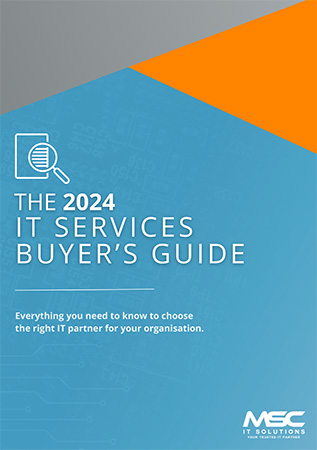

Microsoft Edge for Business has introduced new data leak control features, which are beneficial for safeguarding your sensitive information.
What are data leak control capabilities?
In simple terms, they help prevent your confidential information from falling into the wrong hands. Imagine them as an additional lock on your digital doors, ensuring that only authorised individuals can access your critical data.
Every business deals with sensitive information, such as financial records, client details, or proprietary data. A data leak can lead to significant issues: financial loss, legal problems, and damage to your reputation.
This new feature in Microsoft Edge ensures your data remains secure by restricting access to authorised users and preventing accidental sharing.
Depending on your industry, you might have stringent data protection regulations to follow. These new controls can assist in maintaining compliance.
Moreover, your customers are increasingly concerned about data privacy. Using a browser with robust data leak controls demonstrates your commitment to protecting their information, enhancing their trust in your business.
Microsoft Edge for Business offers this feature in a user-friendly package. You can establish policies on data sharing, such as preventing certain data types from being copied or emailed to unauthorised recipients, reducing the risk of accidental leaks.
The browser employs artificial intelligence to detect potential threats and unusual data movements. Edge can alert you to a potential leak before it occurs, allowing you to take proactive measures.
If you're already using other Microsoft products like 365 or Teams, there's good news: Edge for Business integrates seamlessly with them, providing consistent data protection across all your tools.
Ready to give it a try? Here’s what to do:
Update your browser: Ensure all your business devices are using the latest version of Microsoft Edge for Business to access the newest features and security updates.
Set your policies: Collaborate with your IT support team to establish data sharing policies suitable for your business. Microsoft offers guidelines and templates to help you get started.
Train your team: Educate your employees about the importance of data security and how to use the new features through a brief training session.
Monitor and adjust: Continuously monitor the implementation and adjust your policies as needed to balance data security and workflow efficiency.
Better yet, let our team handle this for you. Get in touch.



